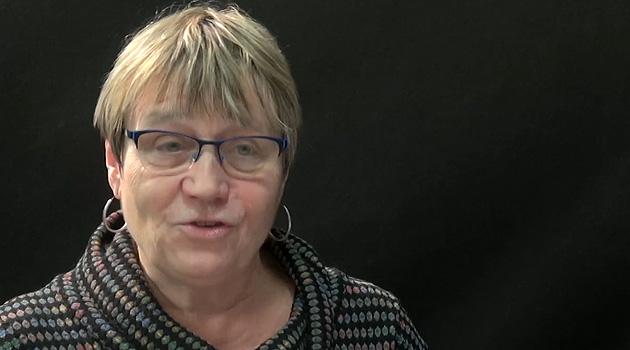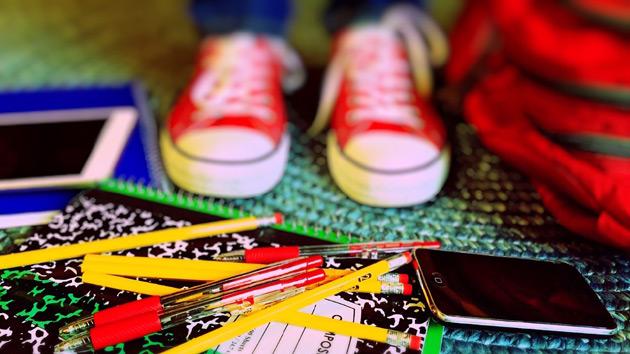Czech Public Defender of Rights: Segregating Romani children in the schools obstructs integration

The segregation of Romani children in schools in the Czech Republic remains an ignored problem. Education set up in such a way obstructs integration.
People in the Czech Republic enjoy speaking frequently about Romani people “refusing” to adapt to the majority society and not wanting to join it. Some Romani people, however, are so integrated into Czech society that others cease to even perceive them as Romani.
The question is whether the rest of the Romani community can even join this society at all – to say nothing of the fact that everybody imagines the term “integration” to have an absolutely different meaning. Behind the general demand for integration here, what is frequently being concealed is the personal requirement that everybody else be the same as me.
Segregation is not an academic problem
Talking about integration is not the same thing as doing it. I have long followed the situation with educational segregation here.
We have schools here that are attended mostly by Romani children, and then we have schools attended by children from the majority society. We are not even trying to change this, schools that are segregated in this way actually suit many people here.
Calls for the integration of Romani people, however, are hypocritical if at the same time what we are wishing for is that the Roma will still be educated in “their” schools and will still live apart from everybody else in “their” ghettos. Segregation is not an abstract, academic problem, but the tangible waste of children’s futures – of Romani children who will never encounter their majority-society peers and vice versa.
The Czech schools are tearing entire social groups away from each other. How are they ever going to learn to communicate and get along with each other?
Ambition and fate
The fate of a Romani child is frequently decided at the age of six – if the child’s parents live in a socially excluded locality, the child will most probably enroll in a school where the rest of the children share a similar fate as well. The child will spend an entire childhood in the company of children from the same social conditions and therefore sharing the same ambitions, horizons and life strategies.
There is a high probability that it will never occur to such a child to become a computer programmer, lawyer or teacher someday. In this segregated school system, Romani children do not encounter schoolmates with such ambitions.
Romani children do not have low expectations of life because they were born different, but because their own parents have low expectations. However, we are able to draw on experiences demonstrating that all it takes is a change of environment for children from excluded localities to stop playing “house” in their free time and to begin playing “doctor” or “school”.
Simply put, this is how the world works. If children from disadvantaged social groups fail to encounter different kinds of children at school, then it will never occur to them what all they could achieve in life, who they might grow up to be, what they might strive for.
Without this exposure, such children will never perceive school as a path to future happiness and success. Similarly, they will never have the feeling that this society offers the same opportunity to all.
It will be difficult for such children to seek recognition later on from a society that rejected them at the beginning of their journey. The question is whether we, as a society, are giving these children a chance or not.
The “Roma schools” did not come about because anybody consciously decided to establish a segregated school. Schools in certain areas simply become “Roma schools” and frequently are unable to do much about it on their own.
Within the realm of possibility, “Roma schools” often do the maximum possible for their pupils – and sometimes, paradoxically, that leads to their becoming even more segregated. Other schools begin actively recommending that their “problematic pupils” enroll in the “Roma schools”, because the “Roma schools” have a reputation of really knowing how to deal with such pupils nicely.
If a school acquires a reputation as a segregated school, then it will actually become one, and then it will just be very difficult for it to extricate itself from such a situation. Responsibility for this state of affairs and for addressing it lies with the establishers of schools, which are most frequently municipalities, and with the Ministry of Education, Youth and Sport.
Societal consequences of segregation
The societal consequences of segregation are well-known and include, for example, intensifying social exclusion and perpetuating the vicious circle of poverty. Segregation contributes to social tensions between different groups in the population and causes the displacement of both educators and pupils, which destabilizes local education systems.
Last but not least, segregation also causes significant losses to the Czech Republic’s Gross Domestic Product. The ways to prevent segregation are also similarly well-known.
Those ways include high-quality preschool education for all; appropriate design of school districts; arranging for pupils to commute to schools that are located farther away; preparing teachers well to work with a class collective that is ethnically heterogeneous; prevention of bullying; and providing aid to impoverished families with covering the financial costs of their children’s education. However, as long as the crucial actors fail to even agree on the fact that segregation is damaging children’s futures here, no change will take place.
Until that happens, general calls for the integration of Romani people will be reiterated here again and again without any hope of change. If you exclude somebody from the system at the age of six, you cannot anticipate that person will suddenly become an integral part of the system as an adult.
We have schools here that are mostly attended by Romani children, and then we have schools attended by the children of the majority society. We are also making not the slightest effort to change this.
First published in Lidové noviny on 14 January 2019, reprinted with the consent of the author, Public Defender of Rights Anna Šabatová.
